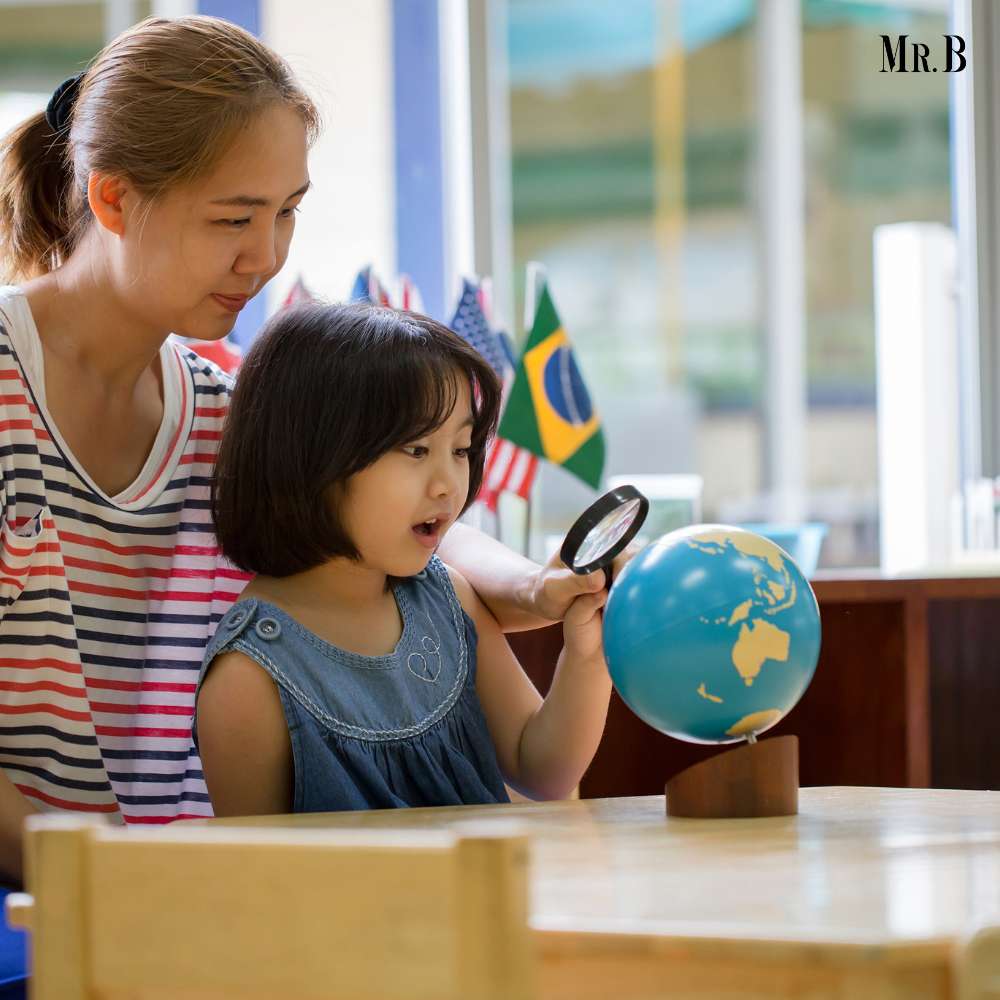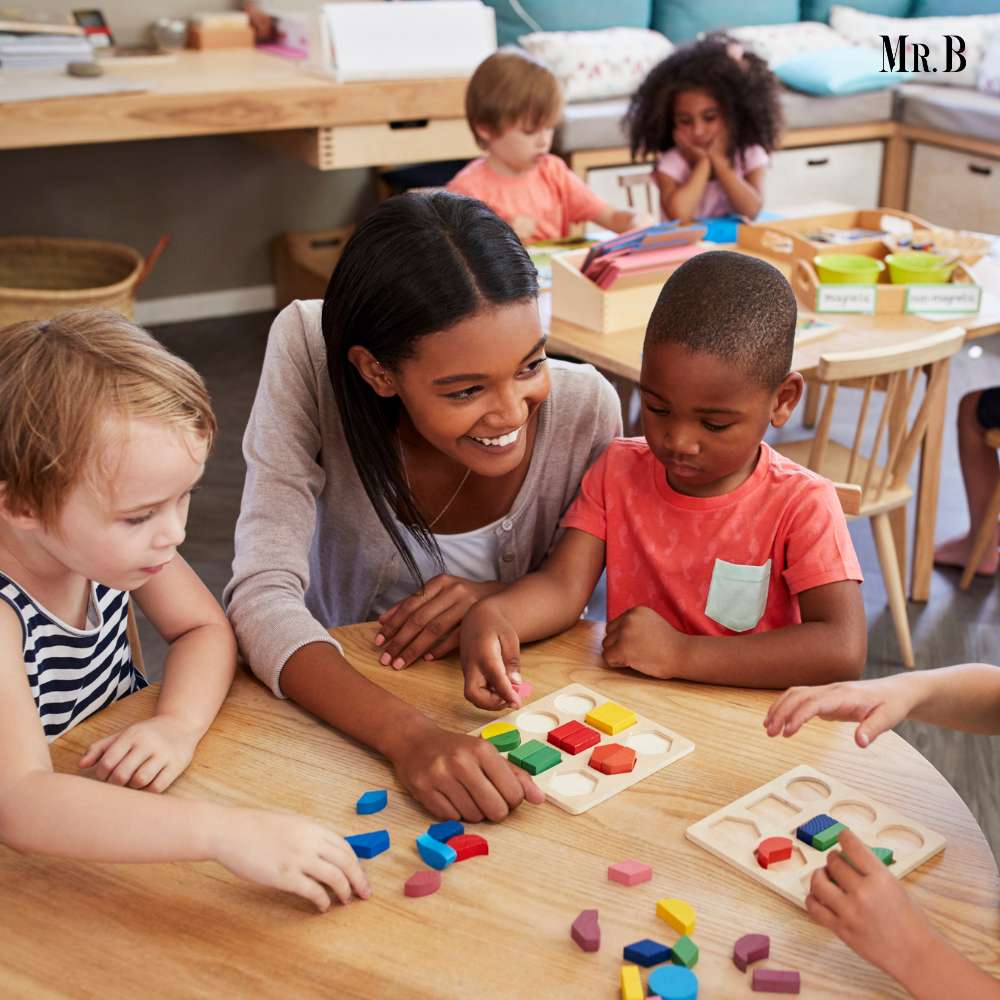In the realm of education, the role of montessori teachers is unparalleled in shaping young minds and fostering a holistic learning experience. These dedicated educators follow the innovative Montessori method, designed to cultivate a child’s innate curiosity and creativity. In this comprehensive article, we delve into the world of montessori teachers, exploring their unique approach, qualifications, and the profound impact they have on the educational journey of children.
Understanding the Essence of Montessori Teachers
Montessori teachers play a pivotal role in the Montessori educational philosophy, emphasizing independence, freedom within limits, and a child-centric approach to learning. These educators undergo specialized training to understand the principles of the Montessori method and implement them effectively in the classroom.
These type of teachers create an environment that encourages self-directed learning, allowing children to explore their interests at their own pace. The emphasis is on hands-on, experiential learning, fostering a love for knowledge and a sense of responsibility.
Qualifications and Training of Montessori Teachers
To become a Montessori teacher, individuals typically pursue specialized training programs accredited by recognized Montessori organizations. These programs cover various aspects of child development, classroom management, and the specific methodologies advocated by Maria Montessori.
A key characteristic of them is their keen observation skills, enabling them to understand each child’s unique learning style and tailor their teaching methods accordingly. Such teachers are trained to create a prepared environment that stimulates intellectual and emotional growth, promoting a love for learning.

The Montessori Teacher in Action
In the Montessori classroom, teachers take on a different role compared to traditional education settings. Instead of being the sole disseminator of information, Montessori teachers act as guides, facilitating the learning process. They engage in purposeful observation, intervening when necessary, and fostering a sense of community within the classroom.
They adeptly use didactic materials designed by Maria Montessori to encourage independent exploration. These materials are meticulously crafted to support the child’s understanding of abstract concepts through concrete, hands-on experiences.
The Impact of Montessori Teachers on Child Development
The Montessori method is renowned for its positive impact on various aspects of child development. These teachers focus not only on academic achievements but also on cultivating essential life skills such as critical thinking, problem-solving, and effective communication.
The child-centric approach of Montessori teachers promotes a love for learning that extends beyond the classroom. Students often develop a sense of intrinsic motivation and curiosity, laying a strong foundation for a lifelong pursuit of knowledge.

The Crucial Role:
1. Architects of Independence
At the heart of Montessori education is the belief in fostering independence within children. These teachers, often referred to as guides, play a central role in creating an environment that encourages self-directed learning. By allowing children to explore their interests at their own pace, they become catalysts for nurturing a love for learning.
2. Empowering through Specialized Training
The significance of these teachers lies not just in their role but in their comprehensive training. These educators undergo specialized programs accredited by recognized Montessori organizations. Armed with a deep understanding of child development, classroom dynamics, and the Montessori methodology, they are equipped to create an environment conducive to optimal learning.
3. Observation and Adaptability
They possess a unique skill set, notably keen observational skills. This ability allows them to understand each child’s learning style, tailoring their methods to accommodate diverse needs. Unlike traditional educators, they adapt their teaching techniques to the individual pace and preferences of each student, ensuring a personalized and effective learning experience.
4. Fostering Holistic Development
Beyond academics, such teachers contribute significantly to the holistic development of children. They focus on instilling essential life skills such as critical thinking, problem-solving, and effective communication. The child-centric approach cultivates not only intellectual growth but also emotional intelligence, preparing students for the challenges of the future.

5. The Impact on Lifelong Learning
Montessori teachers lay the foundation for a lifelong love of learning. By encouraging curiosity, exploration, and self-motivation, these educators instill a mindset that goes beyond the confines of a classroom. The impact of Montessori education extends well into adulthood, fostering a continuous pursuit of knowledge and personal growth.
Frequently Asked Questions:
Q1: What is the primary goal of Montessori teachers?
A1: They aim to foster independent, self-motivated learners by creating an environment that nurtures each child’s unique potential.
Q2: Are Montessori teachers required to have specific qualifications?
A2: Yes, they typically undergo specialized training in accredited programs to understand and implement the Montessori method effectively.
Q3: How do Montessori teachers handle different learning styles in a classroom?
A3: These teachers are trained in keen observation skills, allowing them to tailor their teaching methods to accommodate the diverse learning styles of each child.
Q4: What role does hands-on learning play in the Montessori method?
A4: Hands-on learning is a fundamental aspect of the Montessori method, engaging children in concrete experiences to enhance understanding and retention of abstract concepts.
Q5: How do these teachers contribute to the social development of students?
A5: These teachers create a community-oriented classroom environment, fostering collaboration, empathy, and effective communication among students.
Conclusion:
Montessori teachers play a transformative role in shaping the educational landscape for young learners. Their dedication to the principles of the Montessori method creates an enriching learning experience that goes beyond traditional academics, laying the groundwork for a future generation of lifelong learners.







